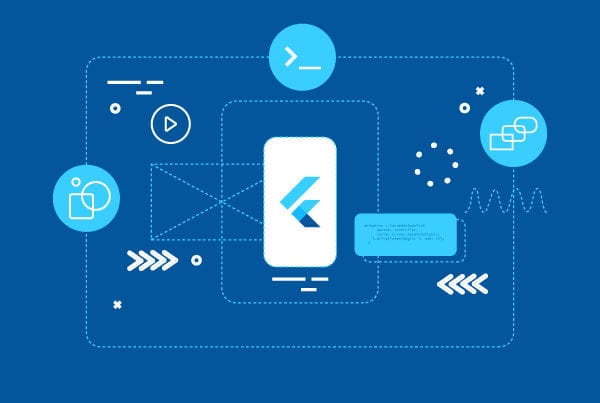In today’s digital age, mobile applications have become an integral part of our daily lives. From communication and productivity to entertainment and health, there seems to be an app for nearly every aspect of our existence. However, not all apps are created equal. The success of a mobile app largely depends on its usability and the overall user experience it provides. This is where user-centered design comes into play. In this article, we will explore the significance of user-centered design in mobile app development.
What is User-Centered Design?
User-centered design (UCD) is a design approach that focuses on creating products and systems that are intuitive, easy to use, and meet the needs and preferences of the end-users. It places the user at the center of the design process, emphasizing the importance of understanding user behavior, motivations, and goals.
The Key Principles of User-Centered Design
- User Research: The foundation of user-centered design begins with thorough research. Developers must understand the target audience, their needs, and their pain points. This involves conducting surveys, interviews, and usability tests to gather valuable insights.
- Iterative Design: UCD involves an iterative process where prototypes and designs are continually refined based on user feedback. This ensures that the app evolves to meet users’ changing needs and expectations.
- Usability Testing: Regular usability testing is crucial to identify usability issues early in the development process. It helps in pinpointing areas that require improvement and allows developers to make necessary adjustments.
- Accessibility: UCD emphasizes inclusivity, ensuring that mobile apps are accessible to users with disabilities. This involves considerations such as providing alternative text for images, keyboard navigation, and screen reader compatibility.
The Benefits of User-Centered Design in Mobile App Development
- Improved User Satisfaction: When mobile apps are designed with the user in mind, they are more likely to meet users’ expectations and needs, leading to higher levels of satisfaction. Satisfied users are more likely to engage with the app regularly and recommend it to others.
- Reduced Development Costs: By incorporating user feedback throughout the development process, costly revisions and redesigns can be avoided. This leads to more efficient development and cost savings in the long run.
- Increased User Adoption: User-centered design leads to more intuitive and user-friendly apps, which, in turn, increases user adoption rates. Users are more likely to engage with an app that is easy to use and provides a positive experience.
- Enhanced User Retention: A well-designed app is less likely to frustrate users, reducing the chances of them uninstalling it. This leads to improved user retention rates and a longer lifespan for the app.
- Competitive Advantage: In a crowded app market, user-centered design can give your app a competitive edge. Apps that prioritize user experience are more likely to stand out and gain a loyal user base.
Case Study: The Success of Airbnb
One notable example of the importance of user-centered design in mobile app development is Airbnb. The company’s founders understood the importance of designing an app that was not only functional but also focused on providing a personalized and memorable experience for travelers.
Airbnb invested heavily in user research, constantly collecting feedback from hosts and guests. This feedback loop allowed them to refine their platform and make it more user-friendly. The result? Airbnb became a global phenomenon, disrupting the hospitality industry and changing the way people travel and book accommodations.
Conclusion
In an era where mobile apps are ubiquitous, user-centered design has emerged as a critical factor for success in mobile app development. By prioritizing the needs, preferences, and behaviors of users, developers can create apps that not only function well but also provide an exceptional user experience. This approach not only leads to increased user satisfaction and retention but also sets an app apart in a competitive market. Therefore, any mobile app development project should place user-centered design at its core to ensure its long-term success.






